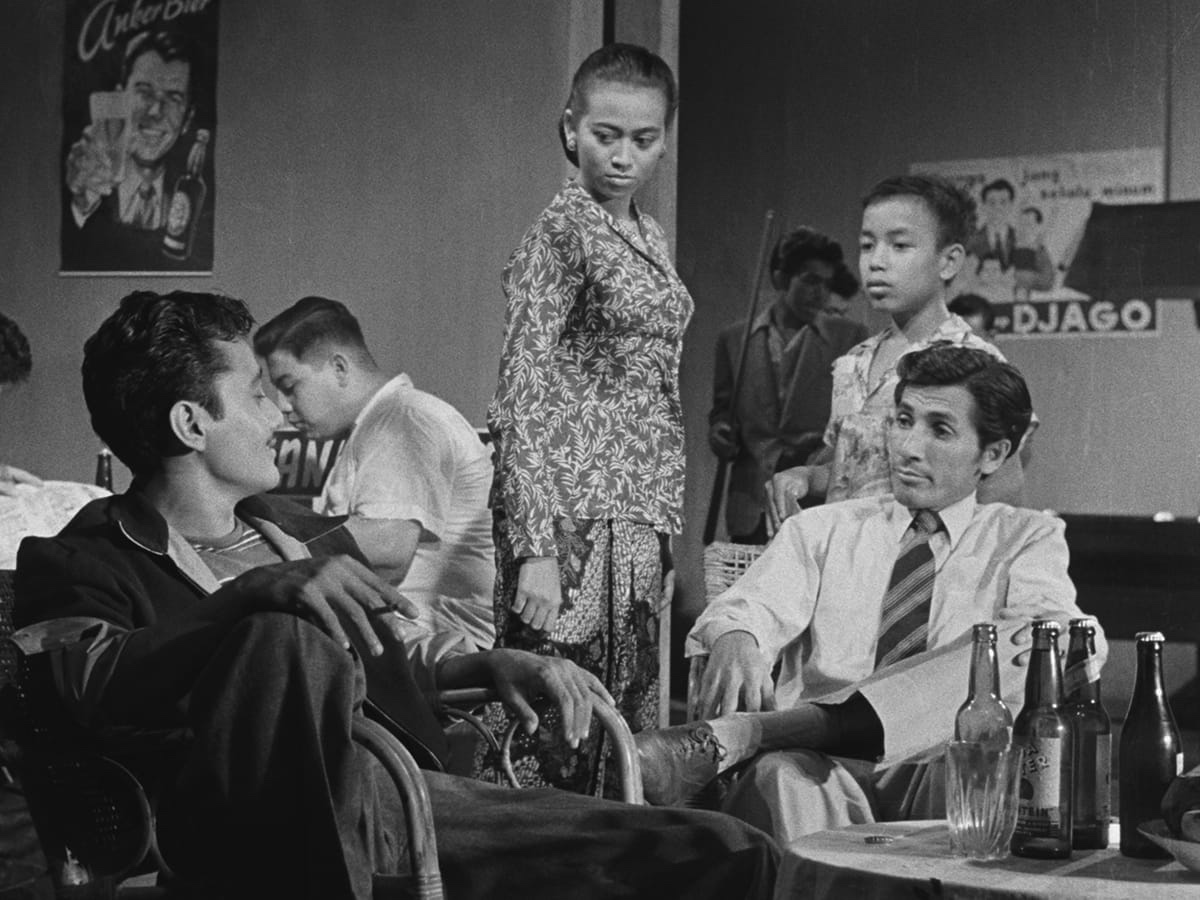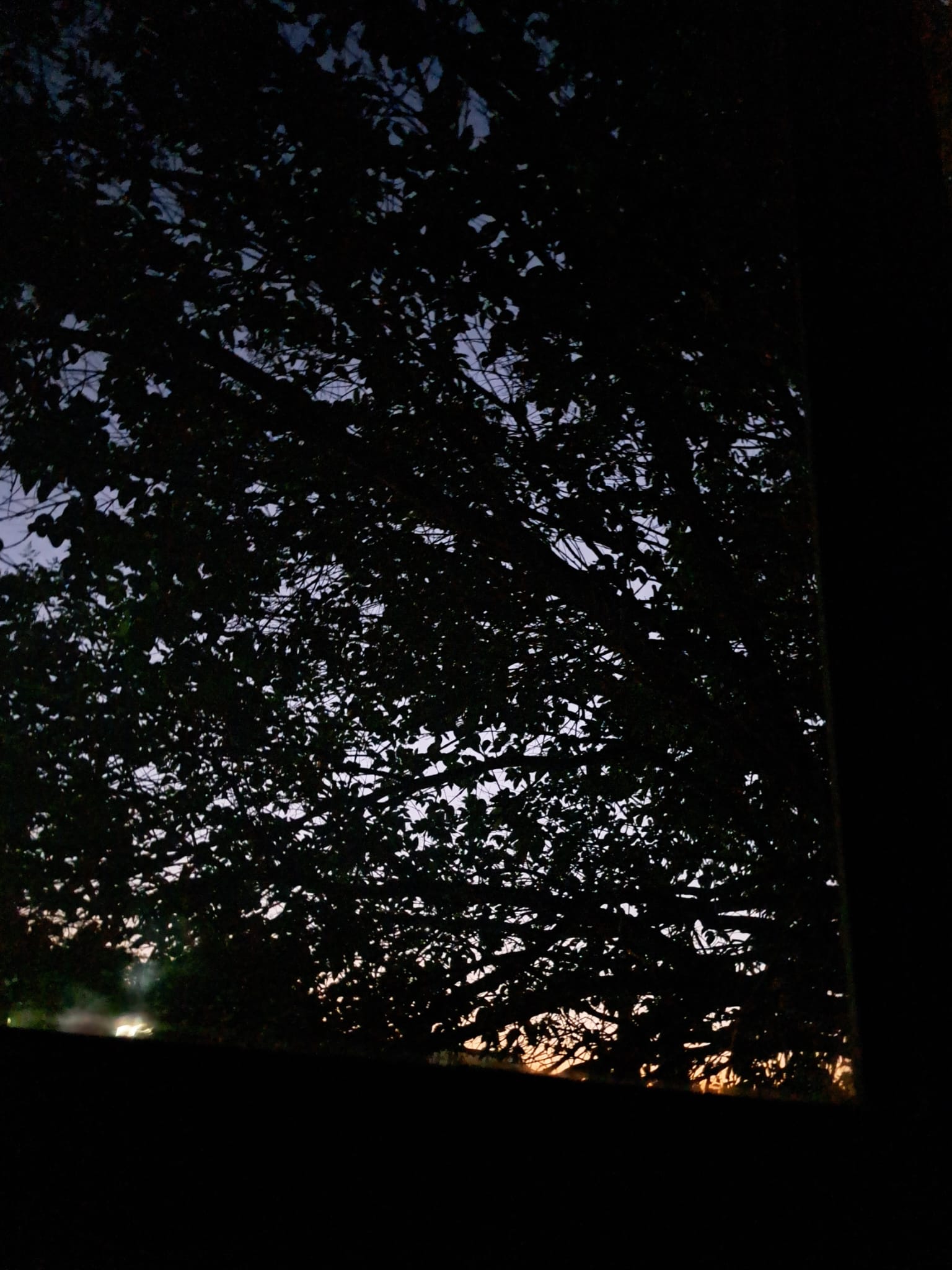[Search Blog Here. Index-tags are found on the bottom of the left column.]
[Central Entry Directory]
[Merleau-Ponty, Entry Directory]
Maurice Merleau-Ponty
Phénoménologie de la perception
Phenomenology of Perception
Part III. Being-for-Itself and Being-in-the-World
Troisième Partie: L'être-pour-soi et l'être-au-monde
Ch. 2. La temporalité
Ch. 2. Temporality
On the one hand, we are always changing. We might think of something stupid we did long in the past, as a younger version of ourselves. We learned such a profound lesson, and we changed so drastically, that we no longer identify with the person who did such a thing; we are now someone who would never never in their life do such a thing again. So we strongly dis-identify with that former moment of our lives. Yet that event never goes away. Each moment following it sees it drifting behind it in the rear-view window, so to speak. Now it is no longer in view. But we also know that road we are still on, if traveled backwards, leads to this moment. Our past states of consciousness still are linked intimately to our current moment of awareness by a chain of immediate successions. So on the other hand, we cannot completely get rid of that old self whom we no longer are. But that is what makes us who we are today. The significance of who we are now is the difference between us now and us then. It is the differences within us that define us, that give us 'character,' that gives real content to our personalities. When we notice these differences, we might also get a sense of the time that separates us from our former selves. Yet maybe we are not really in the first place sensing the time spanning between the person we were and the person we now are. Perhaps instead, the differences within ourselves are given to us immediately in a flash, like when suddenly noticing for example a scar from that past event, and on the basis of the differential forces of dissociation, we sense all the time that must be standing between the events- all the intensities of time crammed between the cracks within us.
Husserl's triangle diagram shows the chain of rententional modification. It suggests all events are linked in a flowing sequence, because any one moment of our awareness is retained in the retentions of all acts of consciousness following it. We neither recall the event itself nor is it completely obscured from recollection on account of it being found in deepeneing layers of retentions. Rather, we see it through the layered lenses of these retentions, like seeing the bottom of a stream through its moving water. But there is also a primordial intentional awareness of our present moment of consciousness being up against a past and future that are absent to this present. The paradox of this primordial link between temporal presence and absence is that it is the ground for the continuous connection of events which are taken as unified, but what is being unified are things absent to one another.
We seem to be getting the sense that in these first parts of the chapter Merleau-Ponty thinks that successivity, the before-and-afterness of temporal passing, and the absence of the future and present are lost when like Bergson and Husserl we regard our temporal experiences as lying in our present field of awareness. From the Deleuzean sort of temporality that we will develop, we will see that before and after can be given simultaneously without spatialization or without them being outside our current awareness. We will come closer to such an understanding when we more fully explain that while time is the relation of before and after, it is more importantly the differential relation between them. And what connects moments of time is not their continuity and immediate associations, but rather their differential relations.
Previously Merleau-Ponty described Husserl's tripartite structure of time awareness. The directedness of our awareness toward what it is aware-of is its intentional relation to what it is attending to. We intentionally attend to certain contents of our awareness in terms of them being what is given to us in the present. We retentionally attend to contents that have the modified character of having passed away into the past, and we are protentionally aware of contents of consciousness that have the modified character of being what is anticipated to come into our present awareness. Regarding retentions, what we intend now we will retend in the next moment, while a new intention takes the stage. Then in a third moment, an even newer intention comes to the fore, all while the prior one becomes a retention and the original one becomes the retention of a retention (that is in action now). We see this motion and layering of retentional awareness in Husserl's diagram.
Animation:
So each new now moment pushes intention A into retention A' then to retention A''. All the while, supposedly, our rententional consciousness of past As occurs in the present act of awareness, which already calls into question whether or not our awareness of the receding As will give us a feeling of a real past, because they are maintained in our present awareness. Yet also, each phase of A's receding is supposed to make it feel like it is moving more and more into the past, creating a sense of a thickness of time increasing between our current awareness and this past one. However, in order for them all to be considered retentions of the same content of consciousness, we need to identify them all as being variations of the same moment A. This is a sort of 'ideal synthesis' which in a way strips the deeper and deeper A retentions of their real difference from our current retentions. So right now we have A''; it is a retention of A', which is a retention of original moment A. But if our minds regard them altogether as the same retended moment of consciousness, then there is no significant temporal difference between A'' and A'. And if this is so, we might also lose a sense of the real relations of before and after that we are trying to become aware of. Our only means of making such distinctions is by rendering the synthesized and identified parts into spatialized relations to one another so they may be distinguished, now that we have stripped them of their real temporal character.
Yet even though in the present moment we have retention A'', what this gives us is really A through the modificational lenses of A' and A''. It is like seeing the real past through layers of water which neither overly obscure it nor leave its appearance completely unaffected.
What is given to me is not in the first place A′, A″, or A′′′, nor do I go back from these ‘outlines’ to their original A, as one goes back from the sign to its significance. What is given to me is A transparently visible through A′, then the two through A″, and so on, as I see a pebble through the mass of water which moves over it. (1945: 479d / 1958: 485bc)When we do explicitly recall A, it is by means of placing it in its temporal context, knowing what came before and after, and this is possible because a continuous chain of retentions of retentions flows from now all the way back to moment A. Merleau-Ponty goes on to distinguish types of intentionalities, and he seems to be saying the following. We have our normal intentional awareness. So like Husserl we might be looking at our brown beer bottle. Because it is what we are conscious-of, we are intentionally aware of it. We also might be retentionally aware of our prior moments of consciousness of the bottle. Perhaps this is what Merleau-Ponty means by Husserl's 'intentionality of the act'. But there is also a more basic sort of intentionality. It seems to be more like a general awareness of our immediate contact with the past and future, as if we have a sort of implicit and fundamental awareness that our acts of consciousness are right up against an absent future that is trying to impose itself on the present, and also our acts of consciousness are right up against an absent past that is sort of pulling away on the present moment. Judge for yourself if this is what Merleau-Ponty means:
In Husserl’s language, beneath the ‘intentionality of the act’, which is the thetic consciousness of an object, and which, in intellectual memory for example, converts ‘this’ into an idea, we must recognize an ‘operative’ intentionality (fungierende Intentionalität) which makes the former possible, and which is what Heidegger terms transcendence. My present outruns itself in the direction of an immediate future and an immediate past and impinges upon them where they actually are, namely in the past and in the future themselves. (480cd / 486b)Merleau-Ponty observes how we do not constantly need to recall the past to be assured that it is there. We instead have direct phenomenal evidence that the past is there behind us.
If the past were available to us only in the form of express recollections, we should be continually tempted to recall it in order to verify its existence, and thus resemble the patient mentioned by Scheler, who was constantly turning round in order to reassure himself that things were really there—whereas in fact we feel it behind us as an incontestable acquisition. (480-481 / 486bc)What this means is that all acts of conscious were already from the beginning temporally linked by these primordial temporal relations. The forces acting on each and forcing one into the place of the other is what gives them their temporality. It is not necessary that we use our minds to string them together in order for them to have these real temporal relations. For Husserl, passing moments of consciousness are continuously fused on the basis of associating relations that bind one moment with the prior one. So in a way, moments of consciousness are given as fusions of the present with the absent pasts and futures. All moments are pregiven as united, but their manner of being given was always a relation to something present and something absent to that present, which might be what Merleau-Ponty calls the paradox of Husserl's passive synthesis (481a / 486d).
Merleau-Ponty, Maurice. Phenomenology of Perception. Transl. Colin Smith. London/New York: Routledge, 1958.











































No comments:
Post a Comment